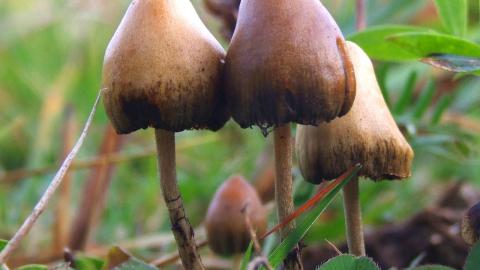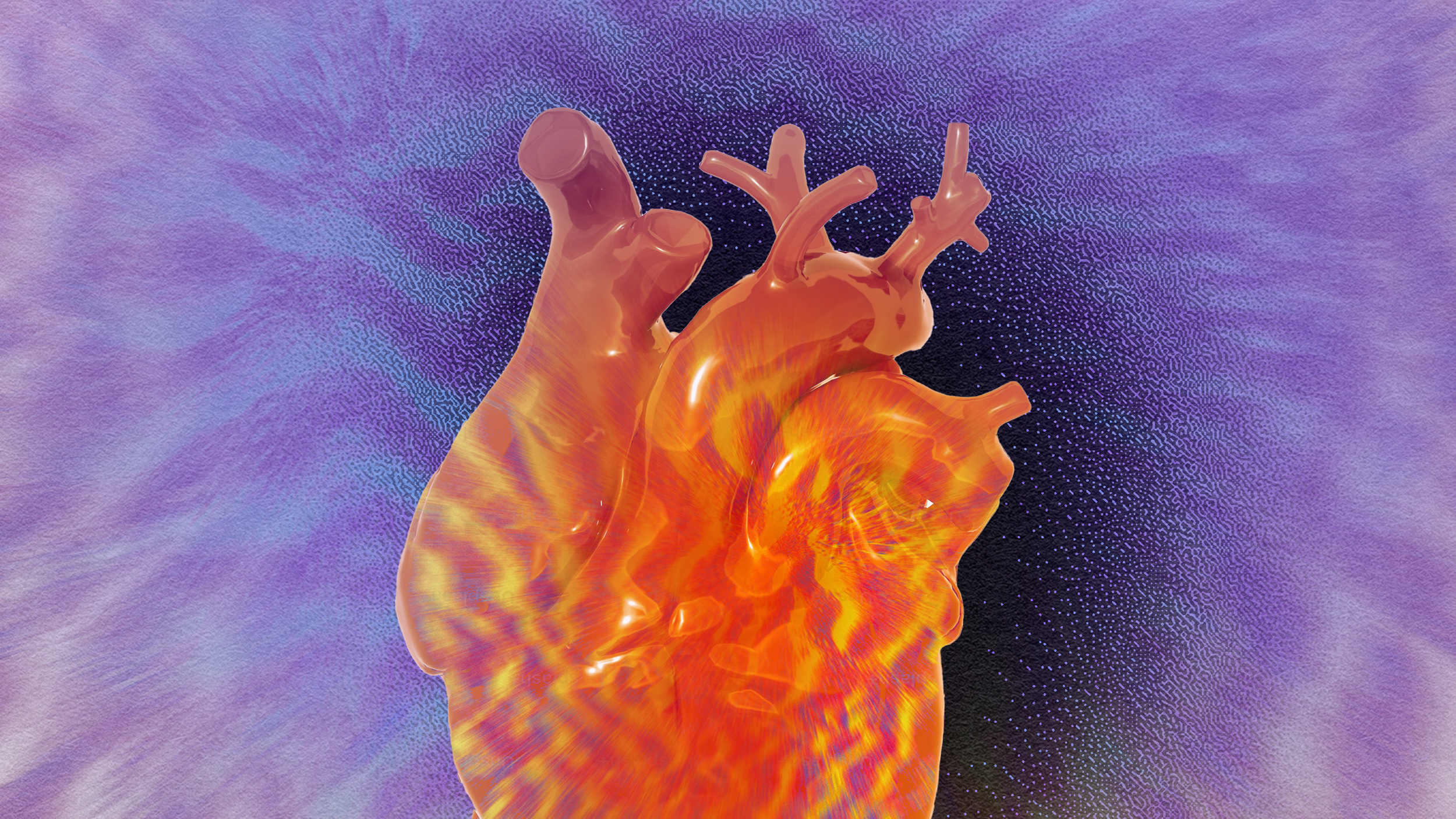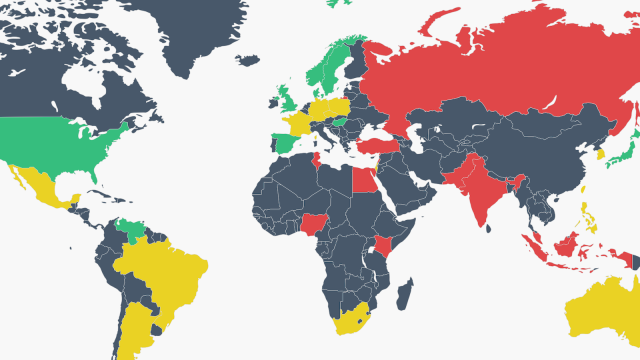Psilocybin and depression: “magic mushroom” drug could regrow lost brain connections

By Arp - This image is Image Number 6514 at Mushroom Observer, a source for mycological images., https://commons.wikimedia.org/w/index.php?curid=12066335 CC BY-SA 3.0
- Stressed out mice have damaged neurons in their brains, and magic mushrooms can help them grow back.
- Neuronal damage, specifically a lack of dendritic spines, also has been observed in cases of depression in humans.
- So far, the findings are limited to mice, but the results hold promise for humans.
Psychedelics, long demonized as substances used only by quacks and hippies, have been enjoying a renaissance in the biomedical community over the past few years. Even the FDA is getting in on the action, declaring psilocybin (the drug in psychedelic mushrooms), a “breakthrough therapy” in the treatment of depressive disorders.
However, the decades of stigma and prohibition mean that a lot of research on how these drugs work in the brain remains to be done. Luckily, studies are currently being carried out to make up for lost time. One ofthem, published in Neuron, sheds light on the ability of psilocybin to help repair the damage of chronic stress on the brains of mice.
A long, strange month for some laboratory mice
While previous studies had demonstrated that psychedelics like psilocybin can help battle depression, how they did that at a neurological level remained unknown. To see how they affect the brains of a living creature, the researchers in this study gave either psilocybin or saline (a control) to stressed out mice.
Stress (via electric shocks, in this case) alters the brains of mice in ways that can be directly observed. They then could see how psilocybin remodeled their brains. Specifically, they were examining small protrusions called “spines” on dendrites, the parts of neurons that are responsible for receiving signals from other nerve cells.
Co-author Dr. Alex Kwan, associate professor of psychiatry at Yale University, explained these structures in an email to BigThink:
“Dendritic spines are the locations in brain cells where connections are made. It is where information is exchanged between brain cells. The strength and number of these connections are obviously important, because they dictate how our brain cells are wired together and could communicate to perform normal brain function.”
These connections are often impacted by things like stress, and people with depression often have fewer of them. Chronic stress also lowers theirnumber.
The mice were then examined over the next month for changes in their brain structure. By scanning their brains, the researchers were able to compare the growth of the dendritic spines in the mice given psilocybin with those of the control group. Over time, the spines in the psilocybin-treated mice were about 10 percent more numerous and larger than those in mice that were not given the drug.
This increase was durable, lasting for more than a month, and was caused by increased growth in the spines right after the administration of the drug. The mice given psychedelics also saw improvements in their maladaptive behaviors triggered by the stress of the electrical shocks.
Of mice and men
When asked if these findings were immediately applicable to humans, Dr. Kwan explained:
“It’s difficult to speculate on humans based on mouse results. I can note though that mice are mammals and their cortex has some similarities with humans, although there are also some big differences. There is another study from a lab in Copenhagen where they imaged pigs that received psilocybin. There they also find that psilocybin leads to increases in markers of neuronal connections after a single dose. So we know at least it is true for mice and pigs. I am sure people are now doing studies to see if this is also true in humans.”
So, maybe don’t start self-medicating with ‘shrooms just yet. Years of study to see how they affect the human brain are needed before we fully understand them. Luckily, the scientific community is extremely interested in the subject. As Dr. Kwan put it:
“Overall there is tremendous excitement in psilocybin and other psychedelic compounds for treating mental illnesses, but there is still a lot in terms of basic knowledge that we don’t know. Where do these drugs act on the brain? What cell types do they target? I believe knowing more about what these drugs do at a cellular level is important if we want to use psilocybin as a treatment and find novel analogs that may be even better drugs.”





